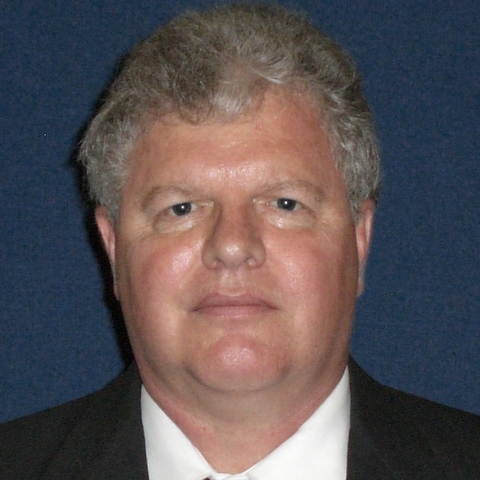System Maintenance occurs every Friday.
Semiconductor and integrated circuit developments continue to proceed at an incredible pace. For example, today's microprocessor chips have one thousand times the processing power of those a decade ago. These challenges have been accomplished because of the integrated circuit industry's ability to track something known as Moore's Law. Moore's Law states that an integrated circuit's processing power will double every two years. This has been accomplished by making devices smaller and smaller. The industry is also pushing to use semiconductor devices in an increasing array of applications. To accomplish this, the industry is also driving prices down. This has created a number of challenges related to the packaging of these components. IC Packaging Technology and Metallurgy is a 3-day course that offers detailed instruction on the technology issues associated with today's semiconductor packages.
$1,695
Add To Shopping Cart
Please note: If you or your company plan to pay by wire transfer, you will be charged a wire transfer fee of USD 45.00.
Please email the printable registration form for public courses to us at the email address on the form to complete your order.
If you have any questions concerning this course, please contact us at info@semitracks.com.
If a course is canceled, refunds are limited to course registration fees. Registration within 21 days of the course is subject to $100 surcharge.
We emphasize current package technology issues like lead-free solders, low-k dielectrics, and tools for package analysis. Participants learn basic but powerful aspects about the semiconductor packaging. This skill-building series is divided into four segments.
This course is a must for every manager, engineer, and technician working in semiconductor packaging, using semiconductor components in high performance applications or non-standard packaging configurations, or supplying packaging tools to the industry.
By focusing on current issues in packaging technology, participants will learn why advances in the industry are occurring along certain lines and not others. Our instructors work hard to explain semiconductor packaging without delving heavily into the complex physics and materials science that normally accompany this discipline.
Our courses are dynamic. We use a combination of instruction by lecture, problem solving, and question/answer sessions to give you the tools you need to excel. From the very first moments of the seminar until the last sentence of the training, the driving instructional factor is application. The course notes offer hundreds of pages of reference material that participants can apply during their daily activities.
Our instructors are internationally recognized experts. Our instructors have years of current and relevant experience in their fields. They're focused on answering your questions and teaching you what you need to know.

Dr. Roger Stierman is an independent consultant who focuses on packaging issues and analysis techniques. Roger received a B.S. in Physics from Loras College and M.S. and Ph.D. degrees in Metallurgy from Iowa State University. During his 25-year career at Texas Instruments, he developed processes for semiconductor package assembly and characterized semiconductor packaging materials such as die attach, mold compounds, polymer overcoats, wire bond and flip chip connections, flip chip underfills, and package-to-PWB attachment. As manager of the Semiconductor Packaging Lab, he delivered training for physical failure analysis methods including precision cross-sectioning, SEM/EDS, X-Ray, tensile and 4-point bend testing, microhardness, RIE/ICP etching, ion milling and laser decapsulation. Currently, he is a consultant on semiconductor packaging failure analysis for Omniprobe Inc.